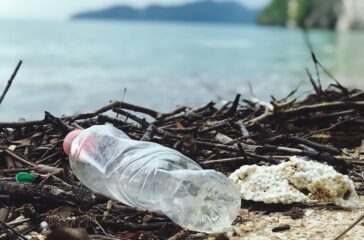EPA issues rare “emergency” suspension of dangerous weed killer
By Benjamin Purper
The US Environmental Protection Agency (EPA) on Tuesday said it was taking the rare step of issuing an “emergency suspension” of a chemical used to kill weeds on farms, golf courses and athletic fields, citing risks to unborn children.
 EWG
EWG
